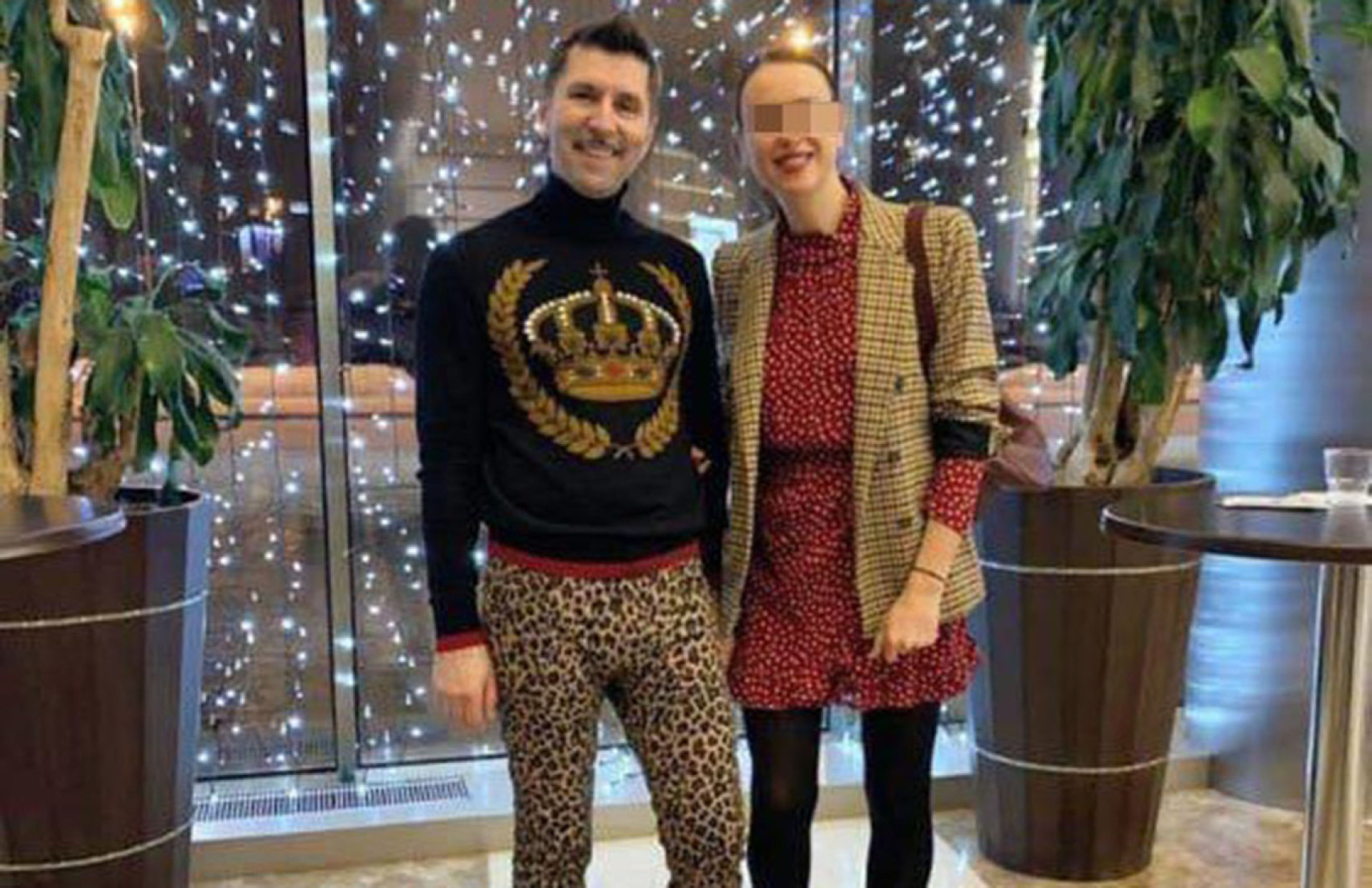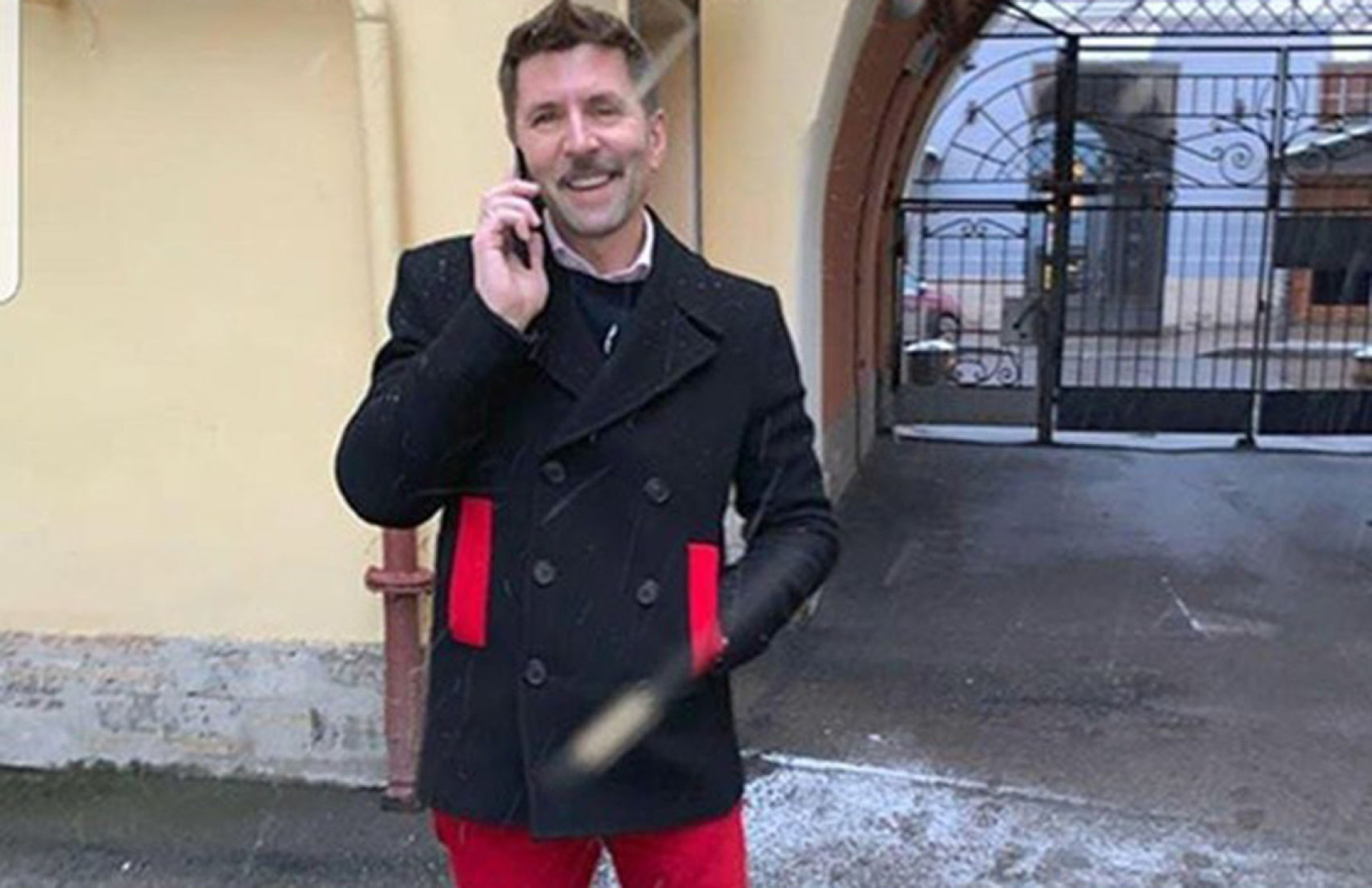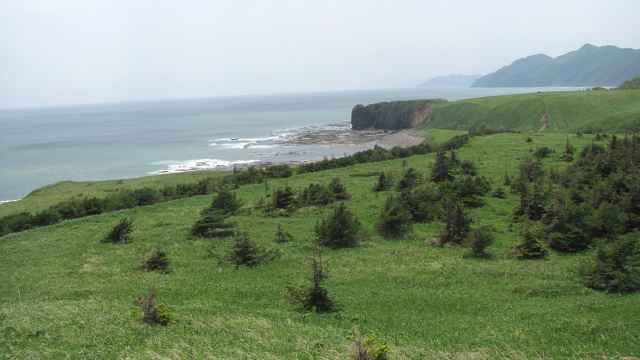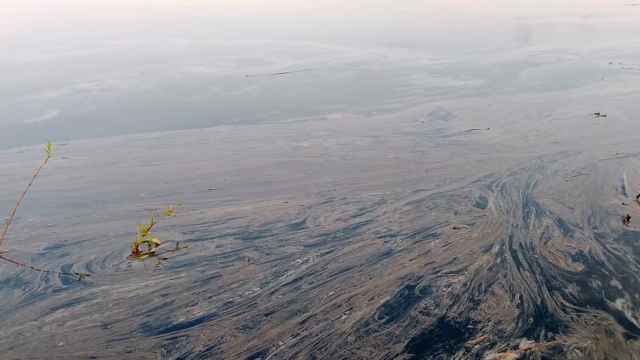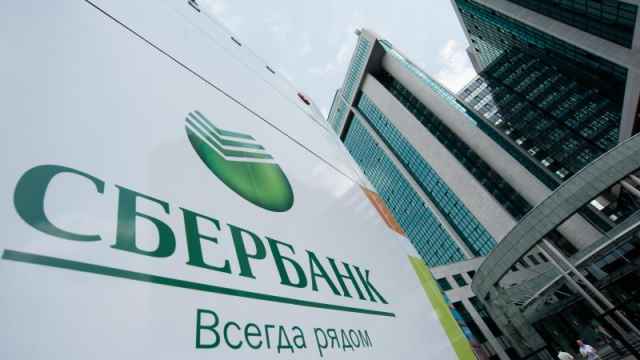Читайте русскую версию здесь.
In 2021, the Russian government and Gazprombank pledged billions of rubles to build a strategic deepwater port on the eastern shore of Sakhalin Island. Four years later, there is still no port — not even a construction site.
Satellite images from July 2025 show that the bay designated for the Poronaysky port remains untouched despite promises of a massive infrastructure hub combining coal, oil and gas terminals with a border checkpoint — a project heralded as transformative for Sakhalin’s economy.
The port was supposed to break ground last year, but delays have become routine. The timeline has now been pushed to late 2027.
The company behind the port — which is now also proposing to build a 1.2 trillion-ruble ($13.3 billion) bridge connecting Sakhalin to mainland Russia — is connected to figures with ties to Finance Minister Anton Siluanov and Gazprom, The Moscow Times’ Russian service has found.
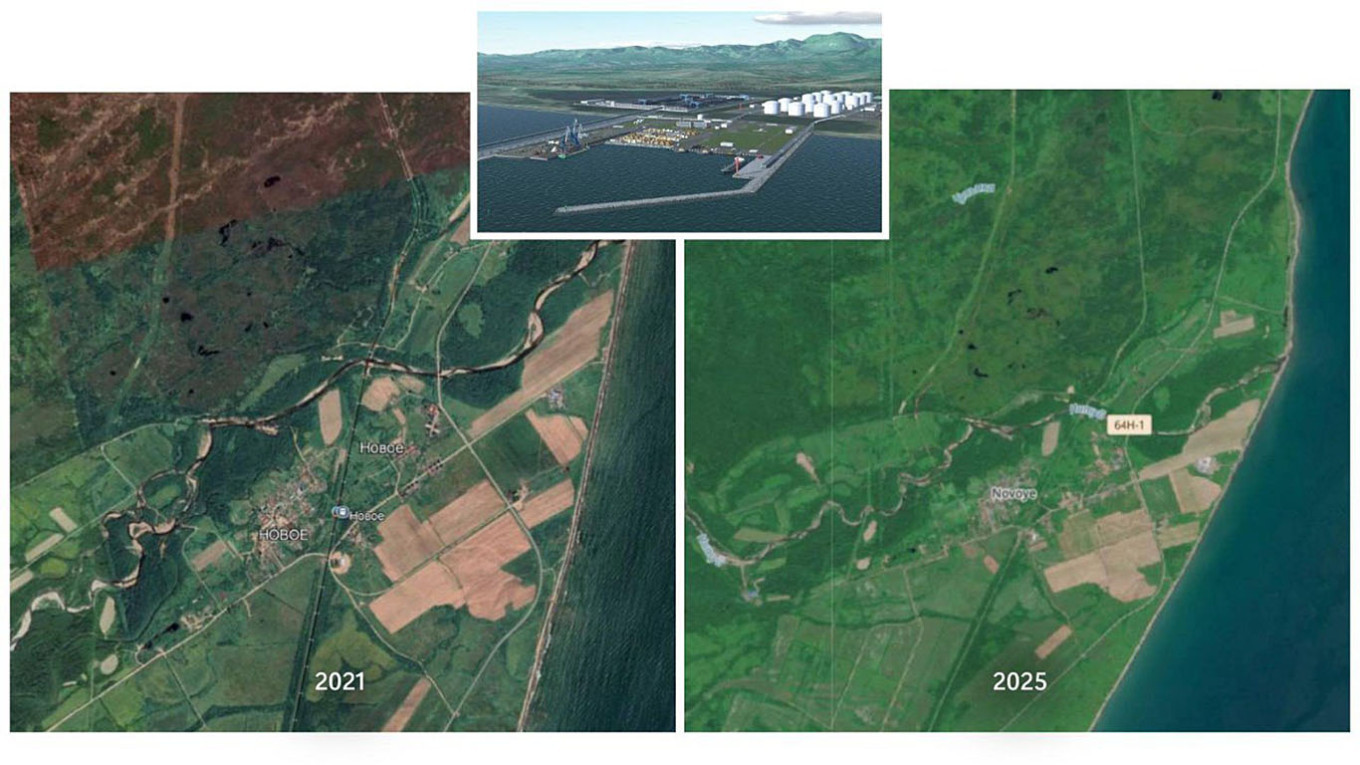
The port in Terpeniya Bay
In a video call with President Vladimir Putin in April 2024, Sakhalin Governor Valery Limarenko vowed that construction of the Poronaysky port would begin within months. By December, government watchdog Rostransnadzor quietly updated its guidance to say work would begin in 2025.
But nothing has happened.
According to government documents, the concession agreement for the project heavily favors the private contractor, a company called MGR. The deal includes no penalties for delays or non-completion.
Public records and corporate filings examined by The Moscow Times link MGR to Olga Puchkova, a businesswoman with deep ties to Russia’s infrastructure sector. She and her husband, financier Sergei Puchkov, also run a company that has built toll roads in the Moscow region using similar concession agreements funded by Gazprombank.
Puchkov was previously embroiled in a pension scandal in the early 2010s involving the unauthorized transfer of retirement savings. No charges were filed, and he continued to work in finance before shifting to state-backed infrastructure.
One former co-founder of the Puchkovs’ firm was Olga Khromchenko, who has been identified by investigative outlet The Insider as the alleged partner of Finance Minister Anton Siluanov.
Personal data leaks reviewed by The Moscow Times show Khromchenko and her daughter, registered with the last name Siluanova, living in a luxury apartment complex near Moscow’s Tretyakov Gallery.
In 2021, another MGR shareholder, the company Vostok, transferred 100 million rubles ($1.2 million) to Khromchenko’s personal account as an interest-free loan, according to financial documents seen by The Moscow Times.

That same year, Vostok also purchased two apartments in a luxury Moscow suburb for nearly 50 million rubles and merged them into a single 370-square-meter residence now valued at over 200 million rubles ($2.4 million).
According to extracts from the Russian State Register, the apartment’s listed owner is the “Russian Federation.”
Anti-corruption experts say this likely means the property is used by a high-ranking official. It’s rented out, which would not be permitted if the apartment belonged to a government agency.
The apartment’s tenant is Vasily Salata, a Federal Security Service (FSB) officer from Tver. Leaked contact information shows his number listed in several people’s phones as “Vasily FSB.”
The shadowy networks don’t end there.
‘An absolute “Miller man”’
Vostok’s sole owner, Andrei Klimov, is a former realtor from Tver with no known background in large infrastructure projects or public service.

His longtime business partner is Vladislav Shmelev, also from Tver. Both are linked to dozens of shell companies, many registered to a modest two-room apartment in a rundown Moscow suburb.
That same apartment was once tied to criminal investigations involving drug use and theft, according to data leaks.
One former resident of that building, Yelena Kuznets, is now married to Sergei Kuznets, the head of Gazprom’s legal department and a member of its executive board. Public leaks suggest she and Shmelev grew up on the same street in a military district of Tver.
Kuznets, who owns over half a million Gazprom shares worth an estimated 65 million rubles ($794,000), is seen as a trusted confidant of CEO Alexei Miller. Industry experts say he likely has direct involvement in approving contracts of this scale.
“This is an absolute ‘Miller man’,” said energy analyst Mikhail Krutikhin. “Every major decision at Gazprom, especially those worth billions, goes through Miller himself.”
Despite the absence of progress on the Sakhalin port, MGR has pushed ahead with another mega-project: the proposed bridge to the Russian mainland.
Initially estimated at 300 billion rubles ($3.6 billion), its cost has ballooned to over 1.2 trillion ($14.6 billion).
Olga Puchkova told the pro-Kremlin daily Izvestia she is ready to fulfill the governor’s “dream” of a bridge, again with funding from Gazprombank.
‘Signs of money laundering’
In 2021, Vostok, the same company behind MGR, moved roughly 3 billion rubles ($36.6 million) through its accounts, according to financial disclosures reviewed by The Moscow Times.
The funds moved rapidly across 13 newly opened and quickly closed accounts, with 43 identical transfers of 96 million rubles ($1.2 million) each.
Former tax officials and anti-corruption lawyers say the transactions show strong signs of money laundering.
“There are signs of money laundering here, namely the layering stage in FATF (Financial Action Task Force) terminology. In other words, it’s when money launderers try to cover their tracks,” said Kirill Gorlov, a legal expert at Transparency International Russia. “These transactions are also referred to as ‘transit’ transactions — regular transfers of funds without economic significance that do not remain in the account for long."
Shmelev, Klimov and Khromchenko all declined The Moscow Times’ requests for comment.
“I’ll leave your question without comment,” said Klimov. “Don't you think that you are asking too many questions? That is the impression I have, so let's end our conversation now. I don't know you and I will not share personal information with you.”
Khromchenko denied knowing Klimov at all. “Maybe you’ve got the wrong number,” she said, before hanging up. Shmelev disconnected the call as soon as he realized he was speaking with a journalist.
Finance Minister Siluanov did not respond to requests for comment. The Kutznets family could not be reached.
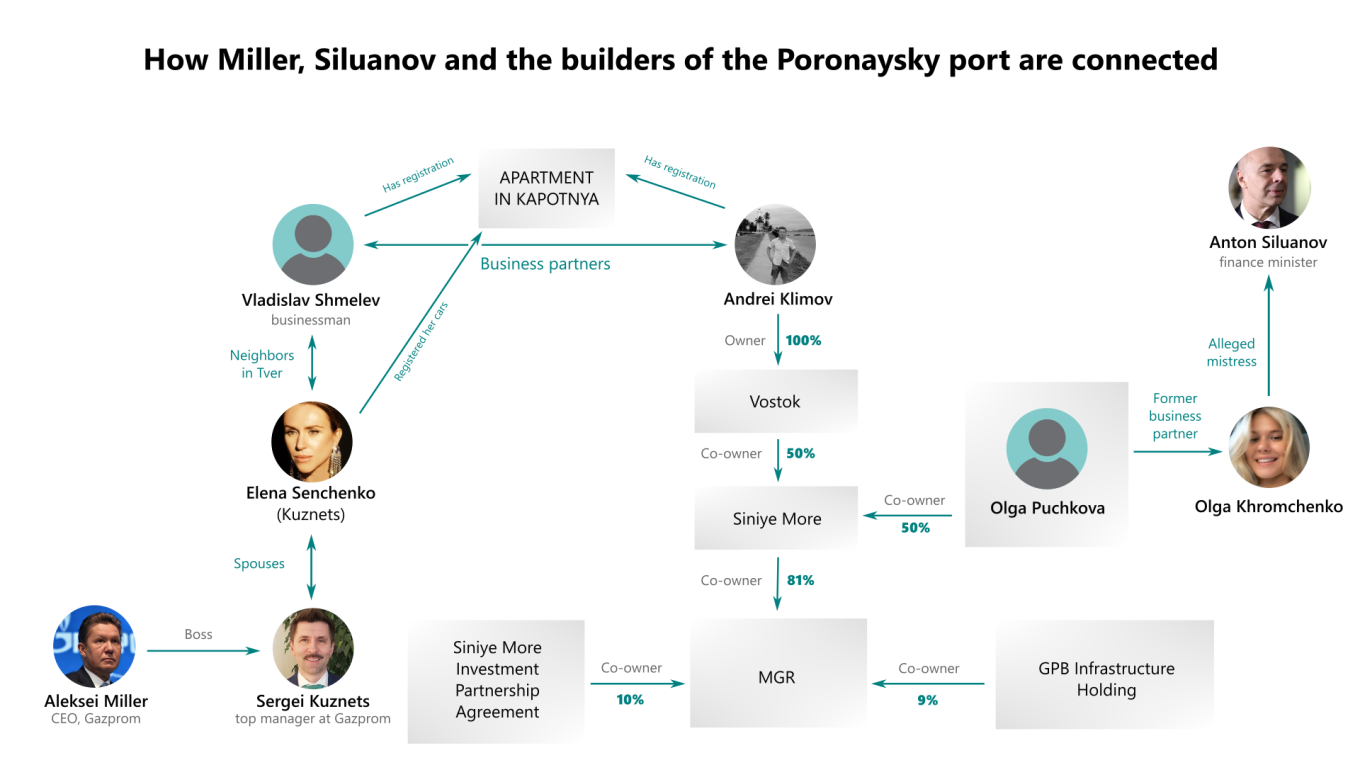
A curious mansion in Crimea
This investigation began in early 2025 when a Russian POW told Ukrainian reporters he had helped build a luxury dacha in Foros, Crimea, allegedly for Prime Minister Mikhail Mishustin.
Satellite analysis revealed a sprawling estate tucked into a protected area of the Foros Park nature reserve, once home to the Soviet elite. After Russia’s annexation of Crimea, land in this region was quietly transferred to companies from the republic of Tatarstan, including a former government dacha now owned by Tatarstan’s first President Mintimer Shaimiev.
The mansion believed to be Mishustin's is spread across two plots of land and exceeds 1,000 square meters in size. Property records show it is owned by a company called Gorizont JSC. Its sole shareholder is Vladislav Shmelev, the same businessman behind the stalled Sakhalin port.
Goriont is registered to the same apartment in Kapotnya linked to past drug investigations, now also associated with Gazprom executive Kuznets and his family.
Public records show that Siluanov, Khromchenko and their daughter have vacationed in Foros. But the true owner of the luxury compound, and how it was funded, remains unclear.
A Message from The Moscow Times:
Dear readers,
We are facing unprecedented challenges. Russia's Prosecutor General's Office has designated The Moscow Times as an "undesirable" organization, criminalizing our work and putting our staff at risk of prosecution. This follows our earlier unjust labeling as a "foreign agent."
These actions are direct attempts to silence independent journalism in Russia. The authorities claim our work "discredits the decisions of the Russian leadership." We see things differently: we strive to provide accurate, unbiased reporting on Russia.
We, the journalists of The Moscow Times, refuse to be silenced. But to continue our work, we need your help.
Your support, no matter how small, makes a world of difference. If you can, please support us monthly starting from just $2. It's quick to set up, and every contribution makes a significant impact.
By supporting The Moscow Times, you're defending open, independent journalism in the face of repression. Thank you for standing with us.
Remind me later.



